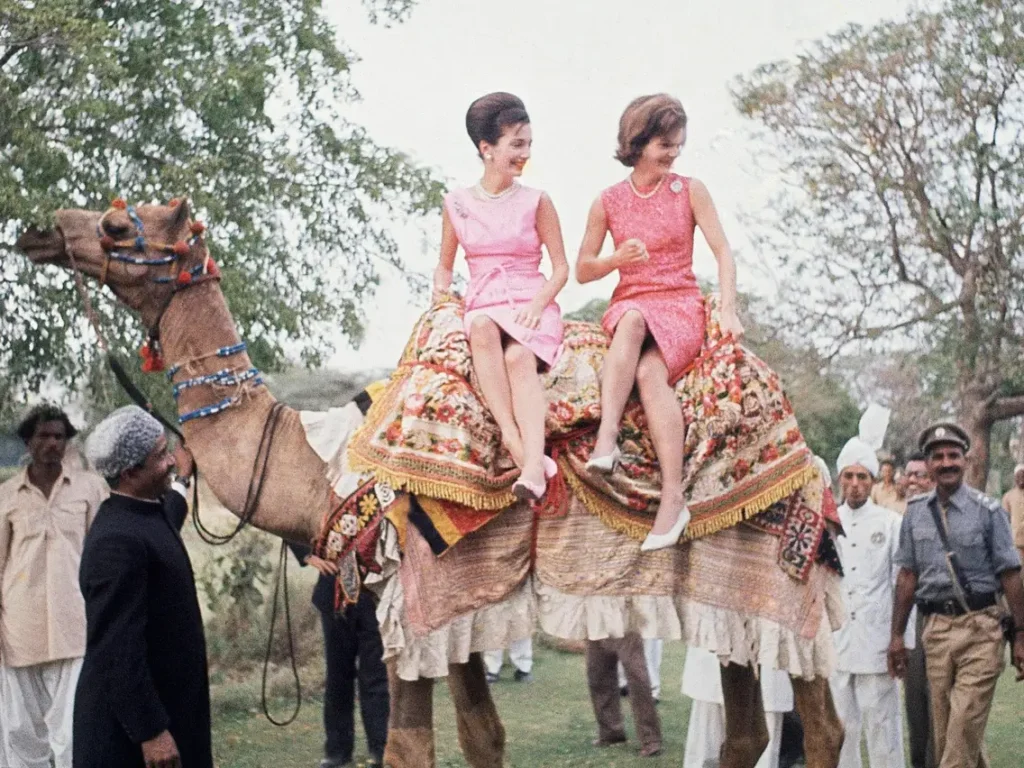In the annals of automotive history, few vehicles have captured the collective imagination quite like the Volkswagen Beetle. Affectionately known as the “Bug” or “Slug Bug” by enthusiasts and casual observers alike, this iconic car has left an indelible mark on popular culture, transportation, and design. From its humble beginnings in 1938 to its global impact and eventual discontinuation in 2019, Beetle’s journey is a testament to the power of innovative engineering, cultural resonance, and timeless appeal.
Origin and Evolution:
The roots of the Volkswagen Beetle trace back to the 1930s in Germany, where Ferdinand Porsche was tasked with designing a “people’s car” for the masses. Inspired by the streamlined shape of beetles, Porsche and his team created a simple yet efficient vehicle that embodied the principles of form following function. With its rear-mounted engine, round headlights, and distinctive silhouette, the Beetle quickly became a symbol of practicality and reliability.
Throughout its production lifespan, which spanned over seven decades, the Beetle underwent numerous transformations and adaptations to meet the evolving needs of consumers and regulatory requirements. From its original air-cooled engine to more modern iterations featuring fuel injection and electronic systems, each generation of the Beetle retained its distinctive charm while embracing technological advancements.
Cultural Phenomenon:
Beyond its role as a mode of transportation, the Volkswagen Beetle transcended its status as a mere car to become a cultural icon. In the post-war era, the Beetle symbolized economic recovery and the spirit of resilience, earning it a place in the hearts of millions around the world. Its compact size and affordability made it a popular choice for families, students, and adventurers alike, while its quirky design and distinctive sound endeared it to generations of enthusiasts.
The Beetle’s cultural significance extended far beyond its native Germany, reaching every corner of the globe. From its starring role in movies such as “The Love Slug Bug” to its presence in popular music and art, the Beetle became a symbol of freedom, individuality, and rebellion. Its association with counterculture movements in the 1960s further solidified its status as an icon of the era.
Legacy and Influence:
Although production of the Volkswagen Beetle ceased in 2019, its legacy continues to endure in the hearts and minds of automotive enthusiasts and collectors worldwide. The Beetle’s timeless design, innovative engineering, and cultural resonance ensure that it will forever hold a special place in the pantheon of automotive history.
Moreover, the Beetle’s influence can be seen in the countless vehicles that followed in its footsteps, from compact cars to electric vehicles. Its emphasis on simplicity, efficiency, and accessibility set a precedent for automotive design that continues to shape the industry to this day.
Conclusion:
In the annals of automotive history, few vehicles can rival the enduring legacy of the Volkswagen Beetle. From its humble beginnings to its status as a cultural icon, Beetle’s journey is a testament to the power of innovative design, cultural resonance, and timeless appeal. Though it may no longer grace the roads in its original form, the spirit of the Beetle lives on in the hearts of enthusiasts everywhere, ensuring that its legacy will continue to inspire generations to come.


